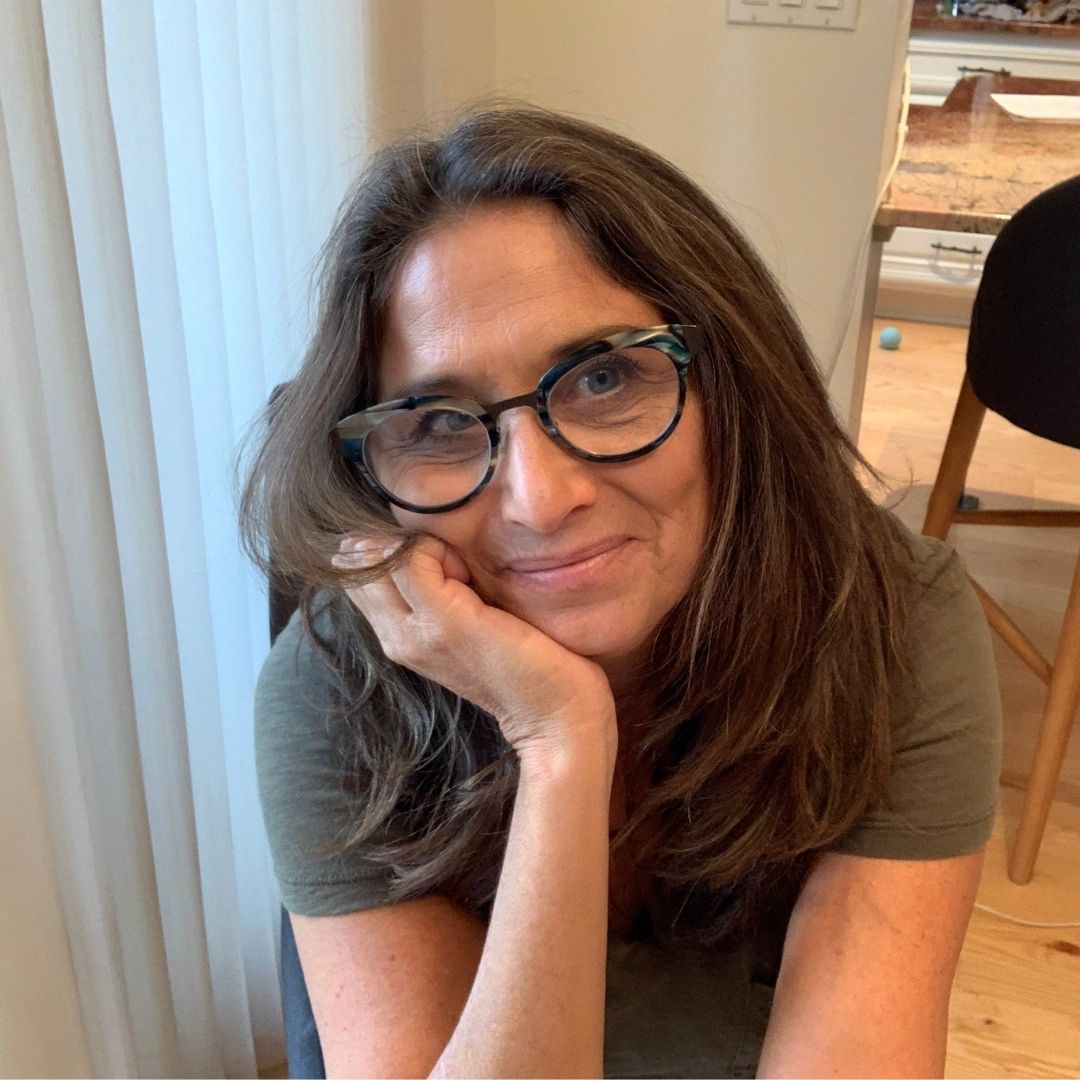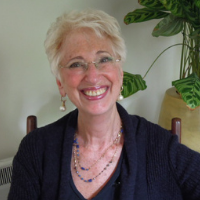How you think can lead to heart disease or happiness
Did you know that thinking you aren’t doing enough exercise can be worse for you than not doing enough?
I find this a fascinating area because when I work with people looking to improve their health and performance with lifestyle medicine, I consistently underestimate how important mindset is.
For example, aside from my work with scoliosis, I specialize in helping busy professionals reach optimal performance at work and in life.
Usually, someone comes to me with a problem or a goal. They may have high cholesterol and want to bring it down naturally, or they may want to optimize their lifestyle for longevity and continued high performance at work. As an aside, I find that osteopaths and other manual therapists need this type of coaching the most, and I’ll explain why in a minute.
But first, I want to share with you this research study. Stanford University researchers conducted it and suggested that how people perceive themselves can be linked to shorter lifespans. The researchers found that individuals with negative self-perceptions, such as thinking they were less physically capable or less active than others, were more likely to experience health problems and die earlier than those with positive self-perceptions.
The study analyzed data from over 6,000 participants, who were followed for several years. The researchers considered factors like age, socioeconomic status, and overall health to ensure these variables did not influence the results. Surprisingly they noticed that the people who thought they were less physically capable or less active than others had a higher risk of developing health issues, including heart disease and other chronic conditions, ultimately leading to a shorter lifespan.
This is why it’s important that busy professionals, including all my osteopathic colleagues, pay attention to this. While you are busy building your business and serving your clients, you are also exposed to an insidious feed from social media and mainstream media. It’s telling you to move more, to exercise more, and if you know it’s important but continually put self-care in second place in your life, it can affect you.
The key is to plan your days, weeks, months, etc, so that you build the right amount of activity for you. This doesn’t have to be gym time; for example, one of my clients in New York just gets off the subway one stop earlier than before, and she manages to get 40 minutes extra walking into her day without a huge time sacrifice.
In addition to movement, we must pay attention to sleep, nutrition, community, stress, and what we put into and on our bodies.
Companies like Hintsa have used this holistic approach to performance coaching to help the best athletes in the world sustain high performance (Lewis Hamiton uses a Hinsta coach) and can also help busy professionals enjoy a fast-paced life while avoiding burnout and unseen pitfalls.
If you want to know more about mindset and health, below is a link to a recent video I made, but also you can DM me if you have any questions about your situation.
[embed]https://youtu.be/EBOXcSRKPfA[/embed]
Sources:
https://news.stanford.edu/2017/07/20/self-perceptions-linked-shorter-lifespans/

